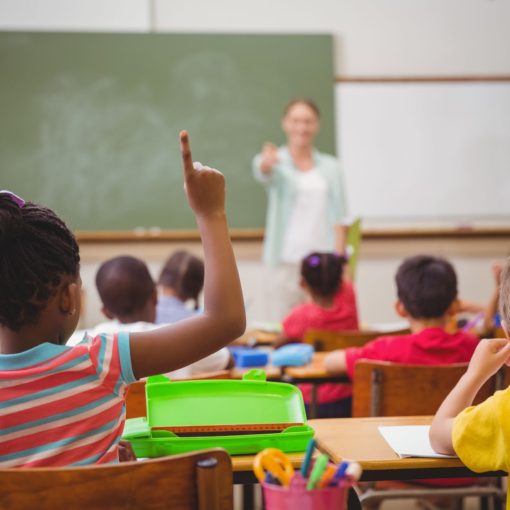From global health crises to climate change, today’s students and future generations will face a cascade of unprecedented challenges and threats, requiring new modes of thinking and problem-solving. nnIn a new article in Phi Delta Kappan Magazine, renowned psychologist and Cornell University Professor Robert Sternberg questions our traditional approach to testing and intelligence assessment, and whether today’s students are being adequately prepared to meet the challenges of tomorrow. nnSternberg joins Jonathan Supovitz, executive director of the Consortium for Policy Research in Education (CPRE) at Penn GSE, to discuss the concept of “adaptive intelligence,” and how schools and educators can help students hone real-world problem-solving skills in the classroom.nnSternberg also discusses his forthcoming book on adaptive intelligence, and how the concept has taken on a new level of importance following one of the most challenging years in living memory.
Robert Sternberg: The Power of ‘Adaptive Intelligence’
Renowned psychologist Robert Sternberg discusses the concept of adaptive intelligence, and whether today’s students are being adequately prepared to meet the challenges of tomorrow.
Nudging, Chatbots and Student Outreach in Higher Education
New research finds that nudging – through the use of artificially intelligent chatbots – can offer a significant boost to certain college outreach and engagement efforts.
The Big Business of School Lunch
School food programs can have a wide range of impacts on students, families and local workers, all of which were thrown into high relief by the COVID-19 pandemic. In a new article in Kappan Magazine, Jennifer Gaddis discusses those impacts, and how they are influenced by a school’s reliance on outsourcing and large-scale food service providers.
How Are Governors Spending Their Coronavirus Education Aid?
A new analysis by FutureEd and The Hunt Institute examines how states have allocated GEER funds, and what those spending decisions might say about the educational priorities for each governor.
Study Links Community College Bachelor’s Programs to Declines in For-Profit Enrollment
Community colleges in over 20 states now offer bachelor’s degree programs to local students. In one of the first studies of its kind, researchers set out to examine how those programs impacted enrollment at nearby colleges and universities in Florida.
Study Links Community College Bachelor's Programs to Declines in For-Profit Enrollment
More than 125 community colleges in over 20 states now offer bachelor’s degree programs to local students. nnIn one of the first studies of its kind, Johns Hopkins University’s Dennis Kramer II and the University of Florida’s Justin Ortagus set out to examine how those programs impacted enrollment at nearby colleges and universities in Florida. nnKramer and Ortagus join CPRE Knowledge Hub managing editor Keith Heumiller to discuss their findings, and some key implications for policymakers, school leaders and families in the wake of a national economic recession.
Racial Attitudes, Teacher Bias and Student Outcomes
A new national study offers some of the first large-scale evidence on the scope of implicit teacher bias in American classrooms, and the relationship between teacher attitudes and student outcomes like academic performance and discipline.
The Impact of COVID-19 on Pennsylvania Child Care
Plans for reopening schools and businesses in the wake of COVID-19 all hinge, in part, on the availability of safe child care options for millions of American families. A recent impact study in Pennsylvania, however, found that hundreds child care providers face permanent closure as a result of the pandemic.
Are Smartphones Hurting College Students’ Grades? Findings from an 11-Year Study
Smartphones may be linked to decreased knowledge retention and lower grades in college, according to a recently published study led by Rutgers University psychology Professor Arnold Glass.








